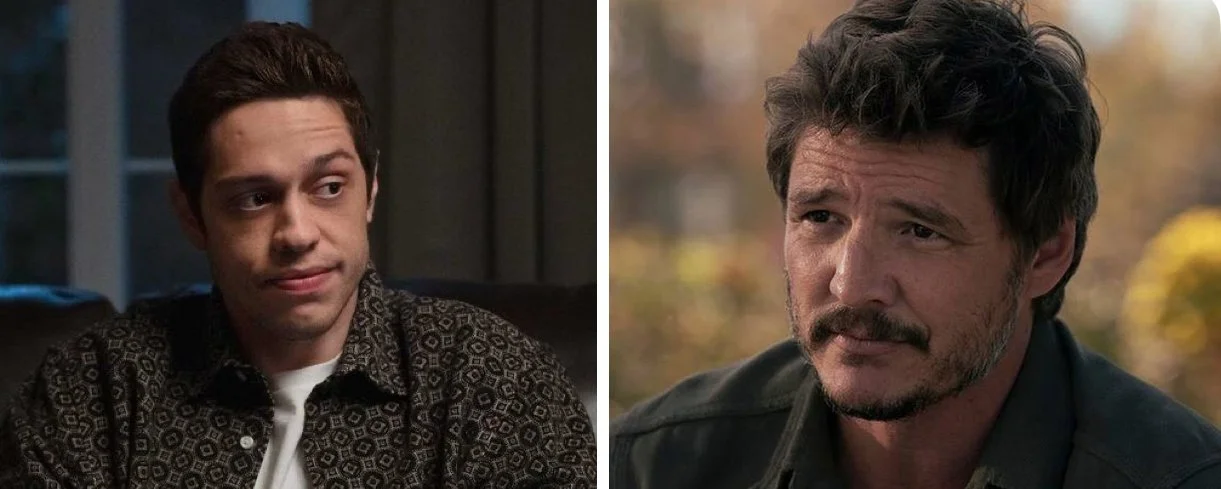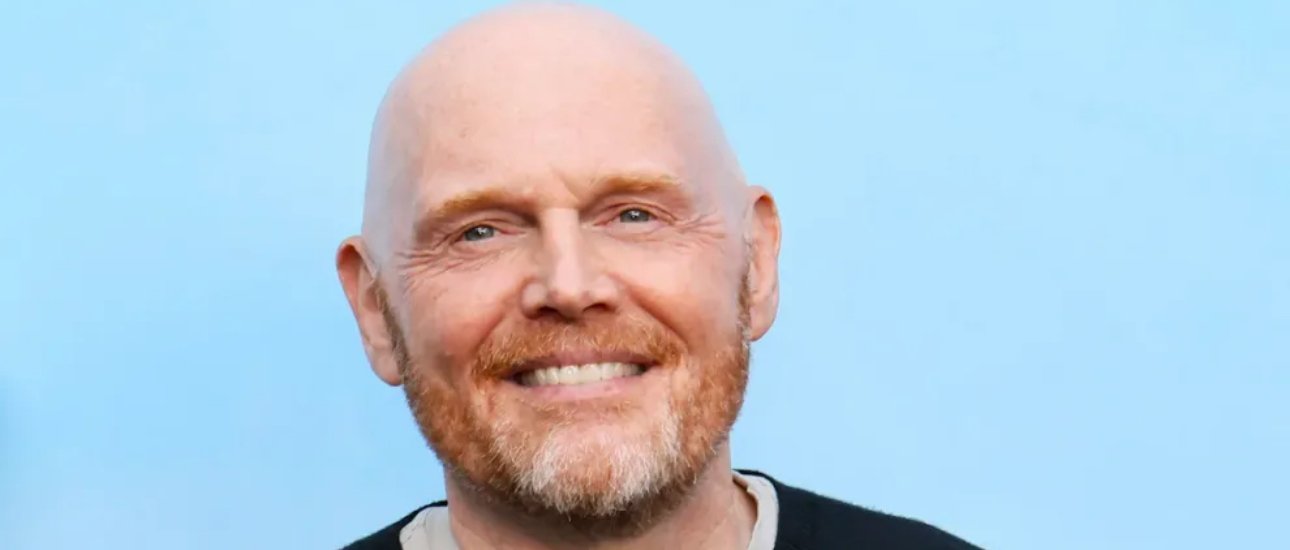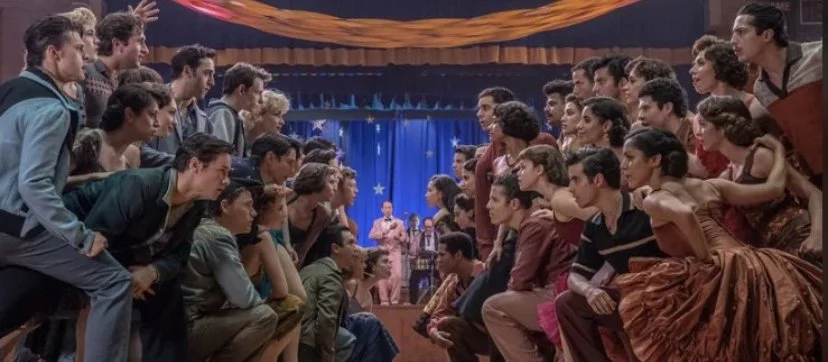By all accounts, “West Side Story” is beautifully photographed, excitingly well-acted and brilliantly directed by Steven Spielberg. So, why was I left so cold when the credits rolled? One must ask the obvious question: why remake Robert Wise’s masterful 1961 classic?
You get the answer from the film’s very first shot, a close-up of a wrecking ball. Spielberg and screenwriter Tony Kushner want to reimagine the love story based on the 1957 Broadway play loosely based on Romeo and Juliet.
There’s always been a minority of detractors who were irked by Natalie Wood, born to Russian immigrants, playing Puerto Rican Maria. In Spielberg’s version, she’s played by Rachel Zegler, who gives a star-making turn. In fact, most of the casting, filled with wonderfully diverse dancers and actors, is an authentic reimagining of the original.
Then again, diverse casting aside, for all the supposed effort that went behind its making, Spielberg doesn’t really change much of the original’s story. If anything, this is a “West Side Story” for a generation that has most likely not seen the 1961 classic.
Maybe Spielberg saw the racially-charged paralells of today’s world in the love story between Tony (Ansel Elgort) and Maria (Rachel Zegler) set against a gang war between The Jets and The Sharks. The Jets are led by Riff (Mike Faist), and the Puerto Rican Sharks led by Maria's brother, boxer-gangster Bernardo (an excellent David Alvarez). Ariana DeBose is Bernardo's girlfriend Anita, but it’s Zegler who turns into this film’s true star, with her angelic singing voice and impeccable acting chops.
The soundstages of the original are replaced by on-location shooting and it brings an extra added depth of freshness, but the same story remains. Dance choreographer Justin Peck tries his damnest to recreate the original’s ballet-like choreography, bringing more grit than artistry, but Peck is no Jerome Robbins, who created one of the best-choreographed films of all-time 50 years ago.
Leonard Bernstein’s score is justly kept, so are the lyrics by the late Stephen Sondheim. Around thirty percent of the dialogue is in Spanish, without subtitles. Nice touch for yet again more authenticity. Ditto the famous rumble between the two gangs, but less affecting this time around.
And yet, there aren’t enough changes to warrant a remake of this magnitude. Spielberg plays it too safe. He’s aided by Zegler, DeBose and an excellent Rita Moreno as Valentina, the widow of drugstore owner Doc. Valentina is Tony’s mother figure. It's a well thought out role on the part of Spielberg and Kushner, giving the 90-year-old legend the chance to win her second Oscar.
Too bad then that both Elgort and Zegler have absolutely no chemistry together. We aren’t invested in their romance because we don’t believe the romantic connection they are supposed to have. It’s Elgort, in particular, who feels miscast — his acting wooden and none-too-passionate, at least when compared to his more exuberant castmates.
The artistry from Spielberg’s swirling camera, to Janusz Kaminski’s gritty photography to the immaculate performances keep you hanging on. However, Spielberg’s intentions seem misplaced here, his execution over-elaborated. It’s a technical triumph, but leaves you feeling with a shrug by the end of it. [B/B-]






